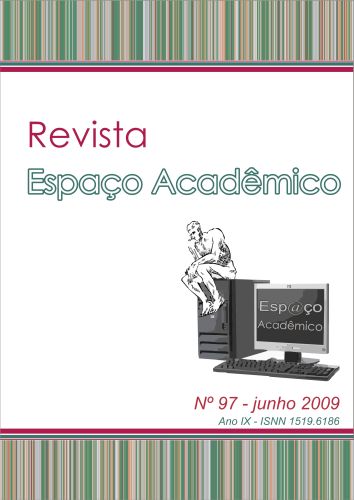The Greeks and the Utopia: an overview through ancient Greek Literature
Resumo
Abstract
It is a common experience to dream of a world where everyone would live happy and in harmony with both the environment and the other people, without sufferings and injustice, under a perfect socio-political system, without wars or hunger. This dream has inspired different people form different eras and cultures to build imaginary worlds for compensating the dissatisfaction with the current one. Utopia is the name of the imaginary world they proposed either as alternative one or as temporary oasis able to release people from the reality. Literally meaning ‘no-place’, the term has an ancient Greek root but it does not exist in the vocabulary of ancient Greek language. Although ancient Greeks did not have a conscious concept of utopia, they, however, dreamt, wrote, proposed – with different aims - what we would call now ( paradoxically using a ‘modern’ term ) ‘utopic’ worlds. From the archaic to the post-classic period, we find literary expressions of utopic thought in ancient Greek culture. Such expressions constitute the basis of the modern Utopia and Utopianism with their positive and negative implications. This essay takes a more detailed look at the work of Aristophanes, considered one of the greatest Greek playwrights, and inquires whether his comedies can be considered utopias.
Downloads
DECLARAÇÃO DE ORIGINALIDADE E DIREITOS AUTORAIS
Declaro que o presente artigo é original, não tendo sido submetido à publicação em qualquer outro periódico nacional ou internacional, quer seja em parte ou em sua totalidade.
Os direitos autorais pertencem exclusivamente aos autores. Os direitos de licenciamento utilizados pelo periódico é a licença Creative Commons Attribution Non-Commercial 4.0 (CC BY-NC 4.0): são permitidos o acompartilhamento (cópia e distribuição do material em qualqer meio ou formato) e adaptação (remix, transformação e criação de material a partir do conteúdo assim licenciado para quaisquer fins, exceto os comerciais.
Recomenda-se a leitura desse link para maiores informações sobre o tema: fornecimento de créditos e referências de forma correta, entre outros detalhes cruciais para uso adequado do material licenciado.






